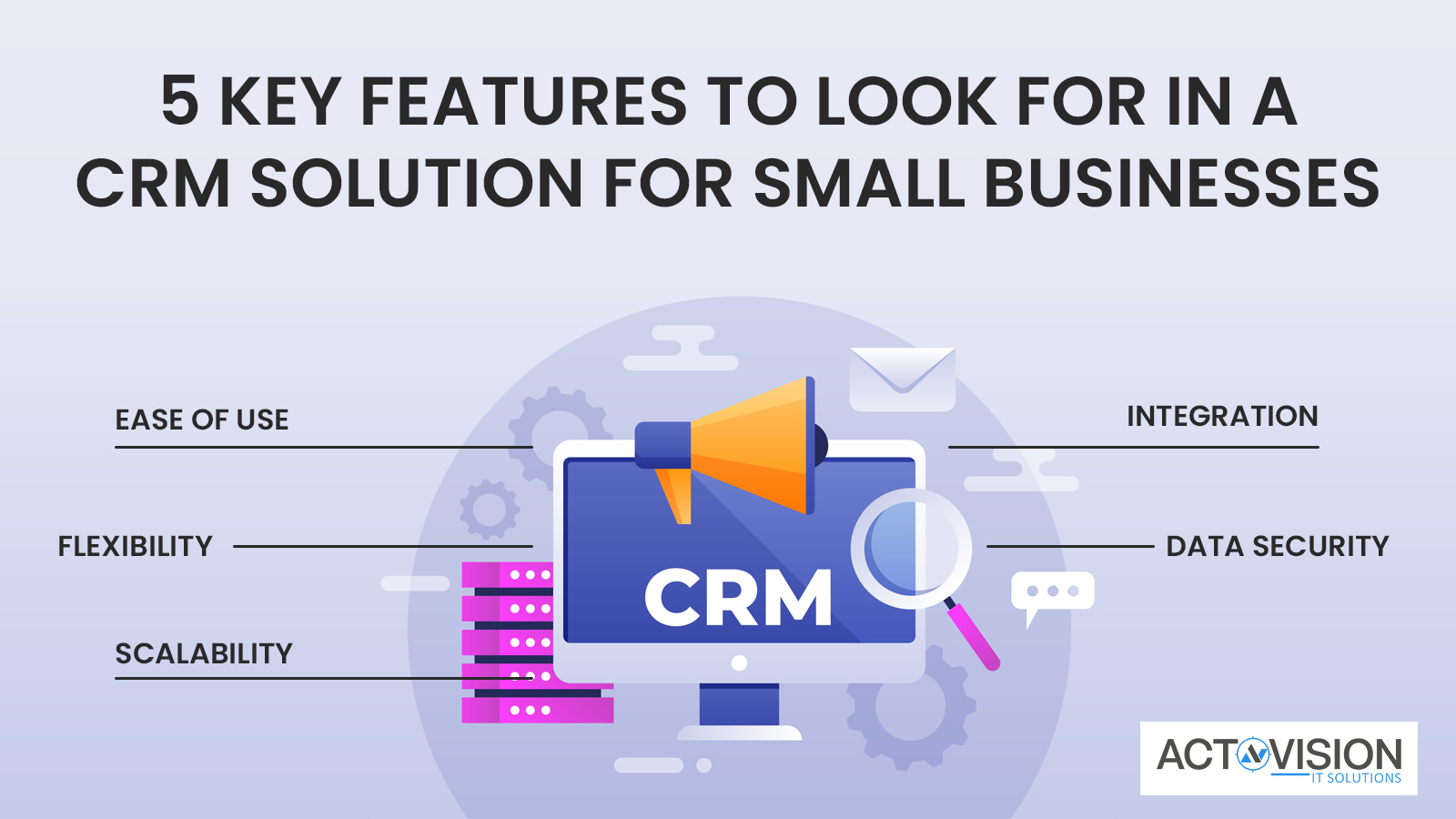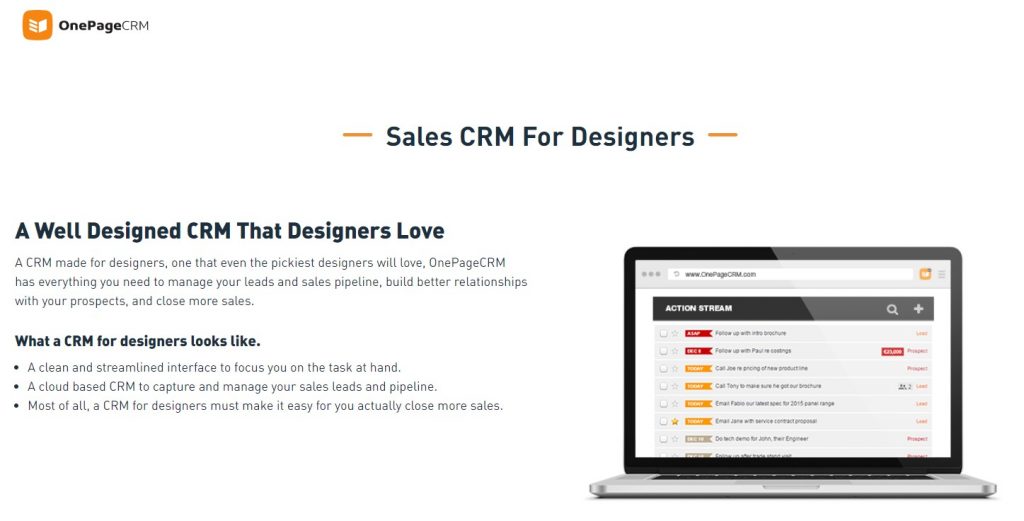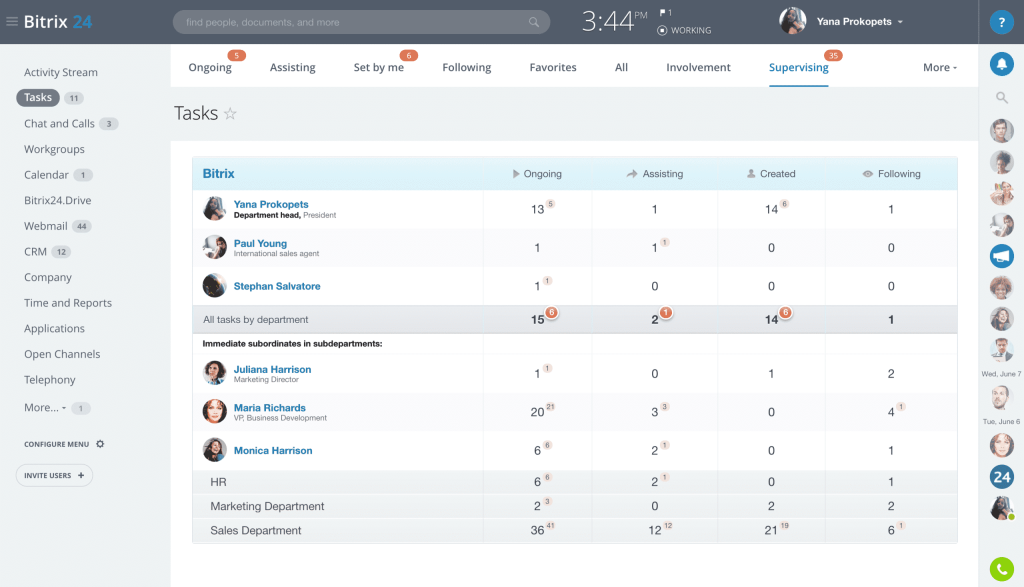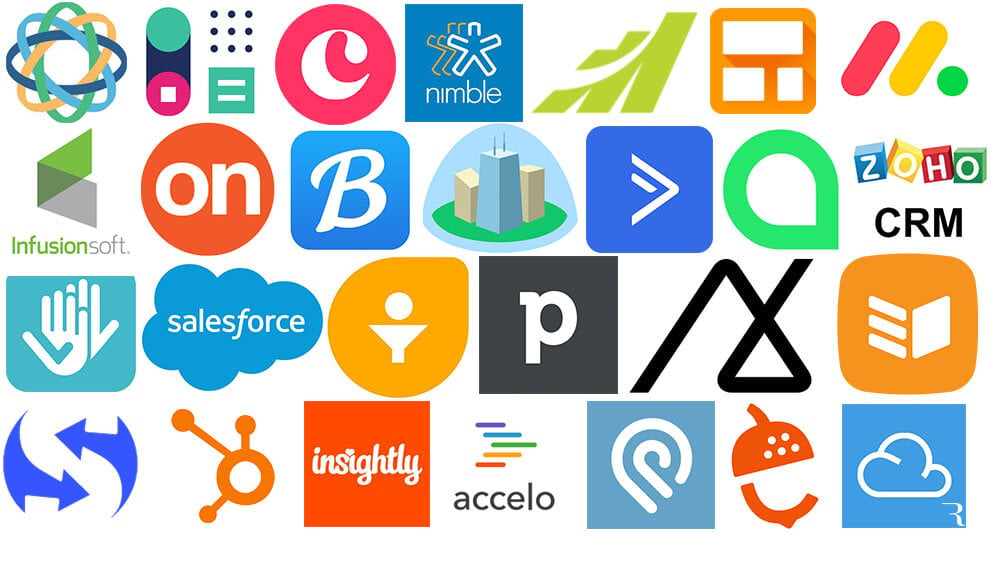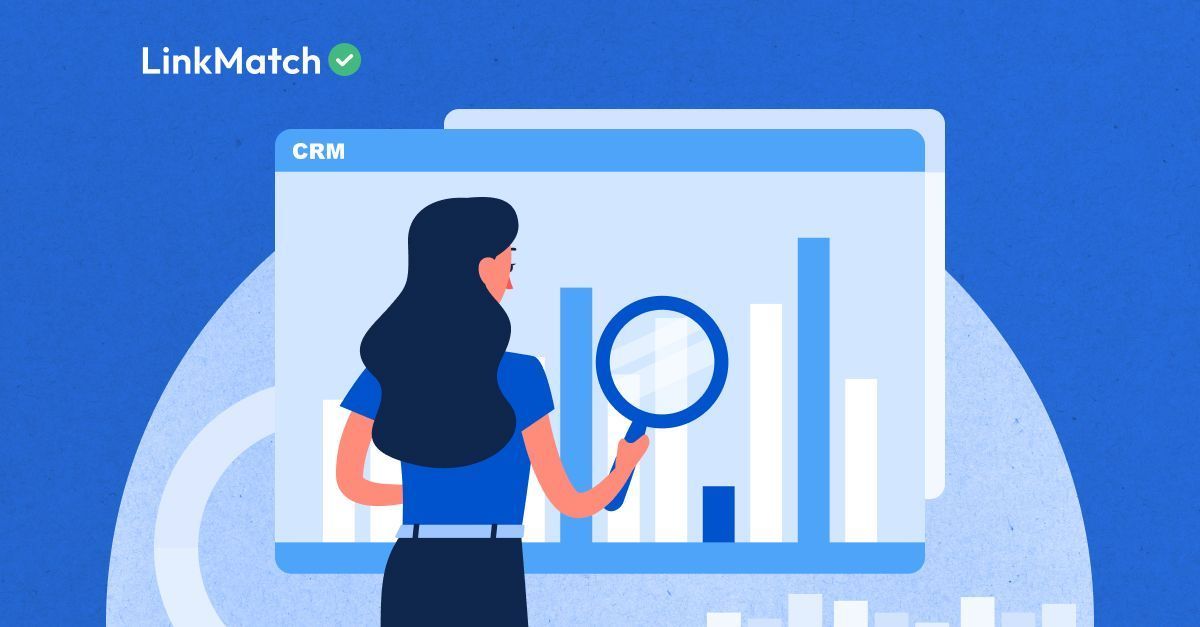Unlocking Growth: The Best Cheap CRM Solutions for Small Businesses in 2024
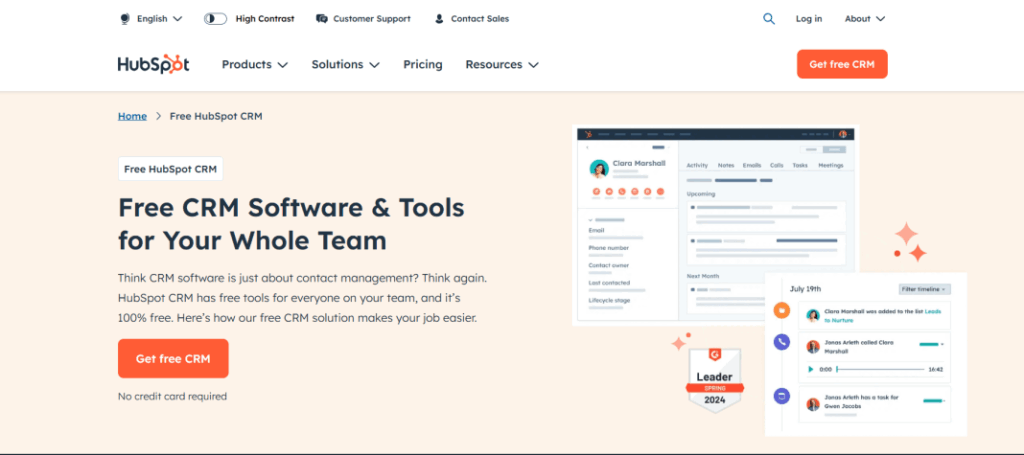
Starting a small business is a thrilling journey, filled with the promise of innovation, independence, and the potential for significant success. However, it’s also a demanding undertaking. You’re not just selling a product or service; you’re building a brand, managing finances, and, crucially, nurturing relationships with your customers. This is where a Customer Relationship Management (CRM) system becomes invaluable. But the thought of investing in a CRM can feel daunting, especially when you’re operating on a tight budget. The good news? You don’t have to break the bank. This comprehensive guide explores the best cheap CRM solutions tailored specifically for small businesses in 2024, helping you streamline your operations, boost customer satisfaction, and ultimately, drive growth.
Why a CRM is Essential for Small Businesses
Before diving into specific CRM options, let’s understand why a CRM is so critical for small businesses. In the early stages, you might be tempted to manage customer interactions using spreadsheets and email chains. While this might seem adequate initially, it quickly becomes a logistical nightmare as your customer base grows. A CRM system acts as your central hub for all customer-related information, offering a multitude of benefits:
- Improved Customer Understanding: A CRM centralizes customer data, providing a 360-degree view of each customer. This includes their contact information, purchase history, communication logs, and preferences. Armed with this knowledge, you can personalize your interactions and tailor your offerings to their specific needs.
- Enhanced Sales Efficiency: CRM systems automate many time-consuming tasks, such as lead tracking, follow-up reminders, and sales reporting. This frees up your sales team to focus on what they do best: closing deals.
- Streamlined Marketing Efforts: CRM platforms enable you to segment your customer base and create targeted marketing campaigns. You can send personalized emails, run targeted ad campaigns, and track the performance of your marketing initiatives.
- Better Customer Service: A CRM provides your customer service team with instant access to customer information, allowing them to resolve issues quickly and efficiently. This leads to higher customer satisfaction and loyalty.
- Data-Driven Decision Making: CRM systems generate valuable reports and analytics, providing insights into your sales performance, customer behavior, and marketing effectiveness. This data empowers you to make informed decisions that drive business growth.
In essence, a CRM is an investment in your business’s future. It’s about building stronger customer relationships, optimizing your operations, and making data-driven decisions. And the best part? You don’t need to spend a fortune to reap these benefits.
Key Features to Look for in a Cheap CRM
When searching for a cheap CRM solution, it’s crucial to prioritize features that align with your specific business needs. Here are some essential features to consider:
- Contact Management: This is the foundation of any CRM. Look for a system that allows you to store and organize contact information, including names, addresses, phone numbers, email addresses, and social media profiles.
- Lead Management: The ability to track and manage leads is essential for converting prospects into customers. The CRM should allow you to capture leads, track their progress through the sales pipeline, and assign tasks to your sales team.
- Sales Automation: Automate repetitive sales tasks, such as sending follow-up emails, scheduling appointments, and generating reports. This will free up your sales team to focus on more strategic activities.
- Email Integration: Seamlessly integrate your CRM with your email provider to track email communication, send bulk emails, and automate email workflows.
- Reporting and Analytics: Access valuable data and insights into your sales performance, customer behavior, and marketing effectiveness. Look for a CRM that offers customizable reports and dashboards.
- Mobile Accessibility: If you and your team are often on the go, choose a CRM with a mobile app or a responsive web interface. This will allow you to access and update customer information from anywhere.
- Integrations: Consider whether the CRM integrates with other tools you use, such as your email marketing platform, accounting software, and social media channels. This will streamline your workflows and save you time.
- User-Friendliness: A CRM is only effective if your team actually uses it. Choose a system with a user-friendly interface and intuitive features.
Top Cheap CRM Solutions for Small Businesses in 2024
Now, let’s explore some of the best cheap CRM solutions available in 2024. These platforms offer a range of features and pricing plans to suit the needs of various small businesses.
1. HubSpot CRM
Pricing: Free plan available, with paid plans starting from $45 per month.
HubSpot CRM is a popular choice for small businesses due to its generous free plan and user-friendly interface. The free plan offers a surprisingly robust set of features, including contact management, lead tracking, deal tracking, and email marketing tools. As your business grows, you can upgrade to a paid plan to access more advanced features, such as marketing automation, sales automation, and customer service tools. HubSpot is known for its excellent customer support and extensive library of educational resources.
Key Features:
- Free CRM with unlimited users and contact storage
- Contact management and lead tracking
- Deal tracking and sales pipeline management
- Email marketing and automation
- Reporting and analytics
- Integrations with popular tools
Pros: Free plan is highly functional, user-friendly interface, excellent customer support, extensive integrations.
Cons: Free plan has limitations on features like marketing automation and sales automation; paid plans can become expensive as you scale.
2. Zoho CRM
Pricing: Free plan available, with paid plans starting from $14 per user per month.
Zoho CRM is another strong contender in the cheap CRM market. It offers a comprehensive suite of features, including contact management, lead management, sales automation, and marketing automation. Zoho CRM is known for its customizability, allowing you to tailor the platform to your specific business needs. They have a generous free plan and the paid plans are reasonably priced. Zoho is a good option if you are looking for a CRM that can grow with your business.
Key Features:
- Contact management and lead management
- Sales automation and workflow automation
- Email marketing and campaign management
- Reporting and analytics
- Customization options
- Integrations with other Zoho apps and third-party tools
Pros: Feature-rich, highly customizable, affordable pricing, integrations with other Zoho apps.
Cons: Can be overwhelming for beginners due to the wide range of features, interface can be complex.
3. Bitrix24
Pricing: Free plan available, with paid plans starting from $49 per month.
Bitrix24 is a versatile CRM platform that goes beyond traditional CRM functionality. In addition to contact management, lead management, and sales automation, Bitrix24 also offers project management, collaboration tools, and website building capabilities. This makes it a great all-in-one solution for small businesses that want to consolidate their business operations. Bitrix24 has a very generous free plan but the paid plans can be a bit more expensive than other options.
Key Features:
- Contact management and lead management
- Sales automation and sales pipeline management
- Project management and collaboration tools
- Website builder and online store capabilities
- Reporting and analytics
- Free plan with unlimited users
Pros: All-in-one solution, free plan with unlimited users, project management and collaboration tools.
Cons: Interface can be cluttered, can be overwhelming for businesses that only need CRM functionality.
4. Freshsales
Pricing: Free plan available, with paid plans starting from $15 per user per month.
Freshsales, by Freshworks, is a CRM focused on sales teams. It provides a clean and intuitive interface, making it easy for sales reps to manage leads, track deals, and close sales. Freshsales offers features such as lead scoring, built-in phone and email, and sales sequence automation. It’s a great choice for businesses that prioritize sales efficiency. The free plan is limited in features, but the paid plans are affordable.
Key Features:
- Contact management and lead management
- Sales automation and workflow automation
- Built-in phone and email
- Lead scoring
- Reporting and analytics
- Mobile app
Pros: User-friendly interface, sales-focused features, built-in phone and email, affordable pricing.
Cons: Limited features in the free plan, can be less suitable for businesses with complex needs.
5. Agile CRM
Pricing: Free plan available, with paid plans starting from $14.99 per user per month.
Agile CRM is a comprehensive CRM platform that offers a wide range of features, including contact management, lead management, sales automation, marketing automation, and helpdesk functionality. It’s a good option for businesses that want an all-in-one solution that can handle both sales and customer service. Agile CRM is known for its affordable pricing and user-friendly interface. The free plan is limited, but the paid plans offer a lot of value for the price.
Key Features:
- Contact management and lead management
- Sales automation and workflow automation
- Marketing automation
- Helpdesk functionality
- Reporting and analytics
- Integrations with popular tools
Pros: Feature-rich, affordable pricing, user-friendly interface, all-in-one solution.
Cons: Interface can feel a bit dated, some features may require a learning curve.
Choosing the Right Cheap CRM for Your Business
Selecting the right cheap CRM for your small business is a crucial decision that can significantly impact your growth and success. Here’s a step-by-step process to guide you through the selection process:
- Assess Your Needs: Begin by thoroughly evaluating your current processes and identifying your pain points. What are your biggest challenges in managing customer relationships, sales, and marketing? What features are essential for your business? Consider the size of your team, the complexity of your sales cycle, and your long-term goals.
- Define Your Budget: Determine how much you can realistically afford to spend on a CRM system. Remember to factor in not just the monthly subscription fees but also any potential costs for implementation, training, and integrations.
- Research and Compare Options: Explore the different cheap CRM solutions available. Read reviews, compare features, and consider the pros and cons of each platform. Look for options that align with your needs and budget.
- Take Advantage of Free Trials: Most CRM providers offer free trials of their paid plans. Take advantage of these trials to test out the features and see how well the platform fits your business.
- Consider Scalability: Choose a CRM that can grow with your business. As your company expands, you’ll need a CRM that can accommodate more users, data, and features.
- Prioritize User-Friendliness: Select a CRM with a user-friendly interface and intuitive features. The easier the system is to use, the more likely your team will adopt it.
- Evaluate Customer Support: Check the provider’s customer support options, such as online documentation, email support, and phone support. Ensure that you can get help when you need it.
- Check for Integrations: Determine if the CRM integrates with other tools you use, such as your email marketing platform, accounting software, and social media channels.
- Read Reviews and Case Studies: See what other businesses are saying about the CRM. Read online reviews and case studies to get insights into the platform’s strengths and weaknesses.
- Make a Decision and Implement: Once you’ve evaluated your options, choose the CRM that best meets your needs and budget. Then, implement the system and train your team on how to use it effectively.
Tips for Maximizing the Value of Your Cheap CRM
Once you’ve chosen a cheap CRM, it’s essential to implement it effectively to maximize its value. Here are some tips to help you get the most out of your investment:
- Data Migration: If you’re migrating from a previous system, carefully plan the data migration process. Ensure that your data is accurate and properly formatted.
- Training: Provide comprehensive training to your team on how to use the CRM. This will ensure that they understand the features and how to use them effectively.
- Customization: Customize the CRM to fit your specific business needs. Tailor the fields, workflows, and reports to your processes.
- Automation: Automate repetitive tasks, such as sending follow-up emails and scheduling appointments. This will free up your team to focus on more strategic activities.
- Regular Data Updates: Keep your customer data up-to-date. Regularly update contact information, purchase history, and communication logs.
- Monitor Performance: Track key metrics, such as sales performance, customer satisfaction, and marketing effectiveness. Use this data to identify areas for improvement.
- Integrate with Other Tools: Integrate your CRM with other tools you use, such as your email marketing platform, accounting software, and social media channels. This will streamline your workflows and save you time.
- Seek Feedback: Ask your team for feedback on the CRM and identify areas for improvement. This will help you optimize the system and ensure that it meets their needs.
- Stay Up-to-Date: CRM platforms are constantly evolving. Stay up-to-date on new features and updates.
The Future of Cheap CRM: Trends to Watch
The CRM landscape is constantly evolving, and several trends are shaping the future of cheap CRM solutions:
- Artificial Intelligence (AI): AI is playing an increasingly important role in CRM, automating tasks, providing insights, and personalizing customer interactions.
- Mobile-First Approach: CRM platforms are becoming increasingly mobile-friendly, with mobile apps and responsive web interfaces.
- Integration and Automation: CRM systems are integrating with more and more third-party tools and offering advanced automation capabilities.
- Focus on Customer Experience: CRM solutions are increasingly focused on improving the customer experience, with features such as personalized recommendations and proactive customer service.
- Vertical CRM Solutions: More and more CRM solutions are being tailored to specific industries, with features and workflows designed to meet the unique needs of those industries.
These trends suggest that cheap CRM solutions will continue to become more powerful, user-friendly, and affordable in the years to come.
Conclusion: Embracing Affordable CRM for Business Success
In today’s competitive business landscape, a CRM system is no longer a luxury; it’s a necessity. Fortunately, you don’t have to break the bank to reap the benefits of a robust CRM. By carefully evaluating your needs, researching the available options, and implementing the system effectively, you can choose a cheap CRM solution that empowers your small business to build stronger customer relationships, streamline operations, and achieve sustainable growth.
The solutions outlined above, from HubSpot to Agile CRM, offer a diverse range of features and pricing plans, ensuring there’s a perfect fit for every small business. Remember to prioritize user-friendliness, scalability, and customer support when making your decision. And don’t forget to take advantage of free trials to test the waters before committing. With the right cheap CRM in place, your small business can not only survive but thrive in the years to come.
Embrace the power of affordable CRM, and watch your business flourish!

